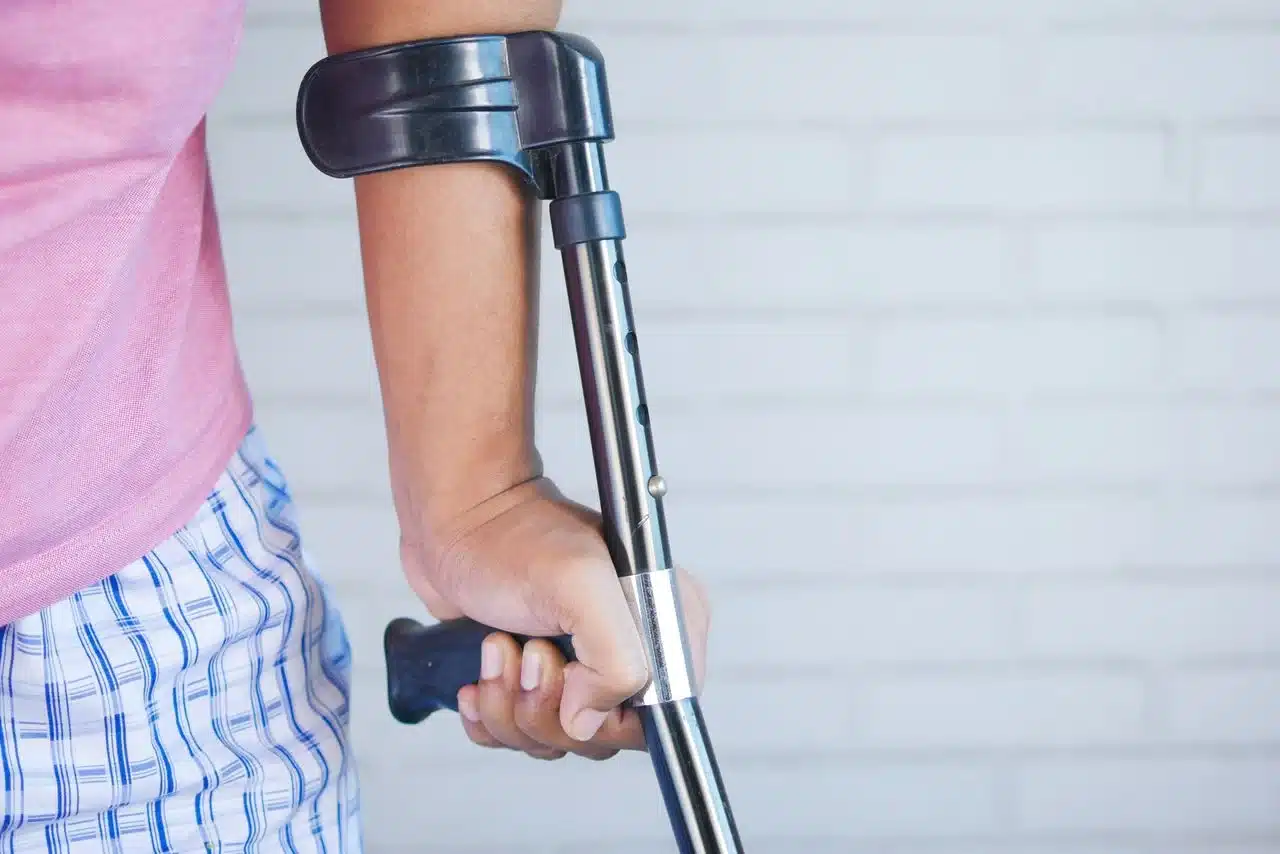Liability and Prevention in Florida Swimming Pool Incidents

Florida’s warm climate and abundant waterways make swimming pools a popular feature in many homes and recreational areas. While swimming can provide hours of fun and relaxation, it’s important to be aware of the potential risks associated with swimming pool accidents and drownings, particularly in cases of premises liability. This blog post aims to shed light on the topic of swimming pool incidents in Florida, focusing on liability and prevention measures that can help ensure a safe and enjoyable swimming experience.
Premises Liability and Pool Safety
In Florida, property owners and occupiers have a legal duty to maintain a safe environment for their guests, including those using swimming pools. This duty extends to taking reasonable steps to prevent accidents and injuries. The failure to meet this duty can result in premises liability if someone is harmed due to negligence or hazardous conditions associated with the swimming pool.
Understanding Pool Owner Liability
Pool owner liability can arise from various factors, including:
- Lack of Supervision: Pool owners may be held responsible if they fail to provide adequate supervision for children or inexperienced swimmers. Proper supervision can help prevent accidents and quickly respond to emergencies.
- Inadequate Pool Maintenance: Negligent pool maintenance, such as a broken fence, malfunctioning drain covers, or slippery surfaces, can contribute to accidents and injuries. Pool owners are responsible for regularly inspecting and maintaining the pool area to prevent hazards.
- Failure to Comply with Safety Regulations: Florida law requires certain safety measures for residential swimming pools, including barriers/fences, pool alarms, and proper signage. Failure to comply with these regulations may lead to liability if an accident occurs.
Prevention Measures for Pool Safety
To prevent swimming pool accidents and drownings, the following measures should be considered:
- Pool Fencing: Installing a secure fence around the pool area with self-closing and self-latching gates can help prevent unsupervised access, particularly for young children.
- Pool Alarms: Installing pool alarms that detect movement or water disturbances can provide an added layer of protection by alerting caregivers to potential dangers.
- Proper Supervision: Designating responsible individuals to supervise swimmers, particularly children and inexperienced swimmers, can significantly reduce the risk of accidents. Supervisors should be trained in CPR and rescue techniques.
- Swim Lessons and Water Safety Education: Encouraging swimmers, especially children, to undergo swim lessons and educating them about water safety practices can enhance their swimming skills and raise awareness of potential dangers.
- Regular Maintenance and Inspections: Pool owners should ensure regular maintenance, including checking for proper water chemistry, maintaining functioning drain covers, and addressing any potential hazards promptly.
Legal Recourse in Pool Incidents
If a swimming pool accident or drowning occurs, it’s crucial to seek legal advice from an experienced premises liability attorney in Florida. They can assess the circumstances surrounding the incident, determine potential liability, and guide you through the legal process. An attorney can help you pursue a legal claim to seek compensation for medical expenses, pain and suffering, and other damages resulting from the incident.
Conclusion
Swimming pool accidents and drownings can have devastating consequences. By understanding premises liability, implementing preventative measures, and prioritizing pool safety, we can significantly reduce the risk of incidents and ensure a safe swimming environment in Florida. Pool owners must fulfill their duty to maintain a secure pool area, while individuals should take personal responsibility for adhering to safety guidelines. By working together, we can create a safer environment and enjoy the benefits of swimming while minimizing the risk of accidents and drownings.
